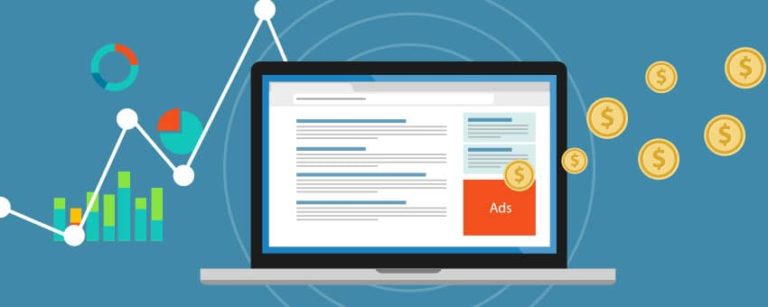Why the Lifetime Value of a Customer Is the Most Important Metric You Need to Know
 Note: This is Part 1 in the “Knowing Your Metrics” series
Note: This is Part 1 in the “Knowing Your Metrics” series
Want to know the difference between a true digital marketer and a pretender? Ask the marketer to pull up some figures. Tell him to show you his treasure trove of data for the campaigns. Tell him to explain his average customer profiles. Tell him to reveal the weakness of his business vs. the strength of his competitors. Tell him to describe, in minute detail, where his business will be going in the next 6-12 months, and how the marketing scheme will push the business to that place.
If he gives you anything but specific answers, he is probably a fraud.
A true digital marketer knows what he is doing. He knows that marketing is more than an art. It is a science-backed by tried-and-true principles that have tested and experimented.
And this science sits on the shoulders of data.
Do you know how many mammoth budgets have been felled by obliviously careless marketing campaigns? Neither do I. It would be impossible to count.
It is no secret that the most effective marketing campaigns are constructed through a deep understanding of data—things like who your average customer is, how often they visit your site, how often they stay there, their long term value.
A trainer doesn’t throw his boxer in a ring until he is trained, and has sparred extensively with other trained fighters—only then will his boxer be ready to fight. It is a process. Likewise, you shouldn’t just throw away a huge budget on an untested marketing campaign or method. You have to test it first. Find the weak spots, know its failures, and see where it can be improved (if at all).
Here’s where many businesses screw up: they don’t analyze their own data. If they analyze anything, it’s other business’ data. While that is fine when you want a general understanding of your market and competitors, but the positive effect it will have on your business is ultimately minimal when you do not know your own data first.
Since you are trying to optimize your business, you need to use your own data before anything else. The seemingly reliable statistics that you find cobbled-up in some sort of “study” may not tell the whole story, or there may be another agenda that you don’t know about.
The data metric that we’re going to discuss is perhaps the most critical: the lifetime value (LTV) of a customer.
Why the Lifetime Value Matters
The longer the customer is in your sales cycle, the better. And the benefits of knowing the lifetime value of your client base is multi-faceted.
- You will know how much repeat business you will receive from your average customer.
- You will know how long a customer will usually exist in your sales cycle.
- You will get an idea of how much money you can spend on marketing before you will make a profit.
- You will have an idea of how much time will be required before you will make a profit from your marketing expenses.
Here’s a quick way to estimate the lifetime value of your customers. We’re going to use a basic formula.
(Average Value of a Sale) X (Number of Repeat Transactions) X (Average Customer Retention Time)
So let’s use an example. Let’s say you own a music school that teaches piano lessons. You charge $50 per class. That will be your average customer value.
A student will go to your class four times a month. That will be the number of repeat transactions.
Your class is for 12 months. That will be the average customer retention time.
So, it’ll be…
($50) X (4) X (12)= $2400 (revenue)
And you arrive at a figure of $2400. But that doesn’t tell the whole story. Do the majority of your students stay in the class for the whole 12 months? Even though the class is finished in 12 months, do you find some customers that cut out prematurely (after 1-3 months)?
And do you have any customers that do more for you? Do they buy into more advanced guitar lessons past the 12 months? Do you have customers that give you referrals and more business?
I gave a very simple way to calculate the LTV of your customers, but there are several ways to measure it that are more complex, and they will give you a better idea of what you’re working with.
But the initial $2400 is helpful because it will give you a quick idea of how much you could spend to acquire a customer.
You will know that if you spend $200 to acquire a new student, you will be very profitable very quickly. If you’re doubtful about your cashflow, knowing this metric will make you sleep easier at night.
Or perhaps you’re not necessarily looking to make a quick profit. Perhaps you add some funnels in your sales cycle—I’m talking about up-sells and cross-sells. These are new sales opportunities that can multiply your revenue. With a tighter funnel, that $2,400 could turn into $4,800 very quickly. If your LTV is that much, you will be willing to spend more money to acquire each customer, you will not be worried about turning a quick profit, as your marketing funnel will help you to think long term.
Knowing the LTV of your client base is only half the battle. In Part 2 of the “Know Your Metrics” series, we’ll talk about increasing the LTV to guarantee more revenue.















